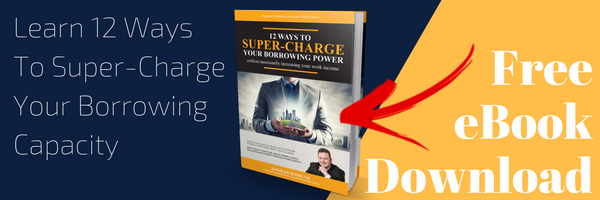Last year the NSW government doubled stamp duty for foreign investors from 4 per cent to 8 per cent and increased the annual land tax surcharge from 0.75 per cent to 2 per cent, while the Federal budget removed capital gains tax exemptions for overseas buyers and introduced a 50 per cent ownership cap for new residential developments.
The budget also introduced a “ghost tax” giving the Australian Taxation Office power to fine foreign investors up to $5500 a year if they leave their properties empty, plus up to $52,500 for failing to lodge their forms.
Meanwhile, the Victorian government’s own vacant residential land tax kicked in this month, with owners in 16 council areas facing potential fines equal to 1 per cent of the property’s value if they leave their properties empty.
Last year, Credit Suisse analysts estimated foreign buyers purchased 25 per cent of all new supply in NSW, with Chinese buyers accounting for nearly 80 per cent of foreign demand.
But according to financial services company UBS, tax and regulation changes combined with moves by the Chinese government to prevent money flowing offshore were sending those buyers to greener pastures — with Bangkok tipped as the next hotspot.
“What we have found is that Chinese buying of property abroad tends to be very price and currency-aware,” UBS head of global property research Kim Wright told The Australian.
“Their focus on specific markets will fade or pick up, depending on their view of currency. Over the last two years we have seen Asian buying of Australian property, specifically Sydney, Melbourne and Brisbane, that’s been very strong. It looks like that has started to fade over the past six months.
“I think it’s the combination of factors. Prices have been very strong in Australia so there is now a discussion that the cycle has started to peak and there’s the tax changes that have come through along with the tax controls.”
It comes after latest CoreLogic data showed national dwelling values fell 0.3 per cent in December. “The Sydney and Melbourne property boom continues to deflate,” AMP Capital chief economist Dr Shane Oliver said in a weekly note.
“Tighter lending standards, rising levels of unit supply, slower Chinese demand and reduced investor enthusiasm for property are all impacting and are likely to lead to further declines in Sydney and Melbourne property prices this year of around 5 per cent — maybe a bit more in Sydney and a bit less in Melbourne.”
Dr Oliver said the cooling in Sydney and Melbourne was good news for the Australian Prudential Regulation Authority and the Reserve Bank and “helps provide the necessary flexibility to leave interest rates low until the broad economy is ready for a hike”, which isn’t tipped until late this year.
“It also provides a bit more room for first home buyers,” he said. “However, other cities are running to their own cycles with Hobart likely to continue strengthening, Perth and Darwin close to the bottom and moderate growth in Adelaide, Brisbane and Canberra.”

